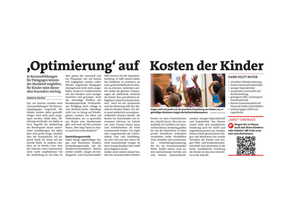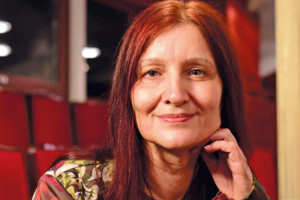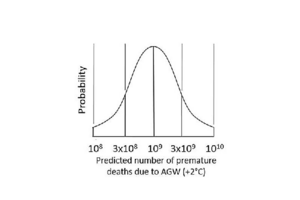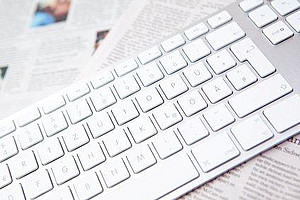The role of embodied micro-gestures in creating and perceiving coherent sound streams
Tuesday 18 March 2014 at 5.00 pm
SR 23.02 in Meerscheinschlößl, Mozartgasse 3
All welcome!
The phenomenologist Edmund Husserl uncovered the perceptual structure of the current moment as it flows sequentially from the 'retained' (memory) of an event just passing to the 'protended' (anticipated) event that follows. Recent findings in neuroscience support the theory that the neocortex is mainly a hierarchy of memory regions that learn and recall sequences. Sequence memory plays a large part in how we understand the world; we need it to understand touch, vision, speech, and music. We also use it to generate behavior. The discovery of specific types of 'mirror' neurons that are activated both when intentional gestures are both performed, heard and/or visually observed in others adds evidence to a theory of the embodied recognition of such memories, not only in humans but other animals, such as even between predator and prey.
Presenting musically sophisticated compositions without the assistance of embodied interpreters has been possible for less than a hundred years. Before then it was not meaningful to speculate on the extent to which the aural perception of musical continuity is dependent on the sound-encoded micro-gestures of performers. This lecture explores some of the dimensions of such dependencies based on evidence and speculates on whether the encoding of computer-synthesised sound streams with such micro-gestural transforms will improve their intelligibility.
The author
David Worrall is an experimental composer and scientist in the Experimental Audio Research group at the International Fraunhofer-Institut für Integrierte Schaltungen in Erlangen, Germany and an Adjunct Senior Re-search Fellow in the School of Music at The Australian National University. He has published both creative works and scientific papers, won various awards and held fellowship positions in Australia, UK, Europe and the USA. His creative practice encompasses instrumental and electroacoustic composition, sound poetry, and polymedia installations that include the design and construction of portable event theatres, the development of software frameworks for music composition, text transformation and the sonification of information in large or high-frequency multivariate datasets. His current research at Fraunhofer IIS includes the use of sonification for monitoring biomedical symptoms and computer networks.
David has been actively involved in the establishment and governance of a number of organisations. He is cur-rently a Board Member of the International Community for Auditory Display (ICAD) and Regional Editor for the journal Organised Sound (Cambridge University Press) for which he has just co-edited an issue on data sonification.





